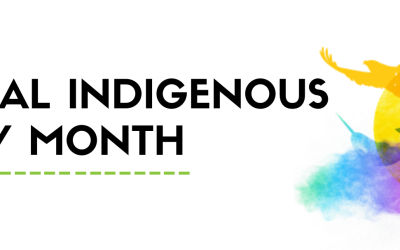Dambisa Moyo is a controversial African economist who made waves recently for suggesting that sub-Saharan African countries should have a timeline for development aid after which it is cut off.
Moyo, in her book Dead Aid, argues that development aid (particularly of the government-to-government type, not humanitarian or disaster relief aid) has distorted the economies of developing countries to the point where aid is crowding out legitimate private investment and actually discourages reform.
Moyo’s insights are very important and remind me of many of the same problems with Canada’s First Nations. Federal transfers make up a large portion of band government budgets. In his book Dances with Dependency, indigenous author Calvin Helin argues this reliance on external cash distorts First Nation government by incentivizing rent seeking behaviour. In other words, band governments are too busy chasing government grants to improve conditions. There is also no incentive to seek own source revenue or self-sufficiency.
In a new book, Moyo raises controversy again in a CBC interview with Amanda Lang by suggesting that developing countries should improve their economic conditions first before worrying out democratic change. The backdrop is the current political upheaval in the Middle East.
Controversially, Moyo suggests China is a better model for countries like Egypt and Libya because China managed to lift hundreds of millions of people out of poverty without democratizing. Moyo feels democracy will come AFTER economic change as a burgeoning middle class will demand liberal democracy.
Regarding First Nations in Canada, can a similar case be made that the remedy to First Nation issues is economic change first, then worry about whether governance is democratic?
Would a growing First Nation middle class created by economic liberalization bring the change we all desperately want?
However, the implications are chilling. If China is the model, does this mean First Nations should rely on “benevolent dictators” to raise their living standards, even at the expense of democracy and even human rights?
While it is difficult to argue that First Nations should go without basic human rights and good governance, perhaps we do have the causal link all mixed up.


